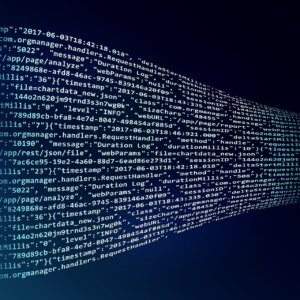The Autumn Statement 2014: A Quick Look
[p-lead]Today the Chancellor delivered the Autumn Statement, his much-anticipated mini budget, and as always it’s been highly divisive.[/p-lead]
From major stamp duty reforms to a “Google” tax, the contents of his announcement have been labelled “a repeat of old excuses” by some and “very political” by others. Ed Miliband tweeted that it was indicative of how the Cameron and Osborne have failed to promote economic recovery.
Most of us thought that the Chancellor’s stated ambition in 2010 to balance the books was ambitious to say the least. And he has left himself open to a barrage of criticism given the government’s high rate of borrowing, which are predicted to remain so for the near future.
David Cameron and George Osborne have now failed every test and broken every promise they made on the economy. #AutumnStatement
— Ed Miliband (@Ed_Miliband) December 3, 2014
Let’s look at a breakdown of the key points:
- Stamp Duty Reform
- George Osborne announced new stamp duty rates. He said:”As a result stamp duty will be cut for the 98% of homebuyers who pay it.” The change will costs the Treasury £730m in lost tax revenue.
- No tax on the first £125,000 paid
- 2% on the portion up to £250,000
- 5% up to £925,000
- 10% up to £1.5 million
- 12% on everything above that.
- George Osborne announced new stamp duty rates. He said:”As a result stamp duty will be cut for the 98% of homebuyers who pay it.” The change will costs the Treasury £730m in lost tax revenue.
Could soon be cheaper to buy a cheaper house & more expensive to buy a pricier one as @George_Osborne looks set to reform stamp duty
— Nick Robinson (@bbcnickrobinson) December 3, 2014
- Cheaper Family Holidays
- Air passenger duty for children under 12 abolished in May 2015 and for under 16s in 2016.
- Better Roads
- £15bn for 84 roads projects in England by 2021.
- Nom-doms Targetted
- Charge for non-dom tax status to rise to £60,000 a year for those resident for 12 of the last 14 years and £90,000 for those in the country for 17 of 20 years.
- Small Business Boost
- Support extended to small businesses with £500m of bank lending plus £400m government-backed venture capital funds which invest in SMEs.
- The So-called “Google” Tax
- Introduce 25% tax on profits generated by multi-nationals that are shifted out of the UK, set to raise £1bn over five years
- Death Tax No More
- 55% death tax passed on to loved ones abolished
The public’s reaction has been understandably mixed with the stamp duty the most talked-about topic so far.
Stamp duty measures all well and good, it’s a badly designed tax – but where are the measures to help #generationrent? #AS2014
— Caroline Lucas (@CarolineLucas) December 3, 2014
It’s a far from transparent move to capture the votes of a younger generation who’ve are struggling to get on the property ladder. But it’s hardly going to help with house prices rising at current rates; getting a mortgage in the first place is the real difficulty.
This 2-page fact sheet explains the #stampduty reforms for homes #AS2014: http://t.co/oQbitLCefd pic.twitter.com/Tb9agCpz6d
— Help to Buy (@helptobuy) December 3, 2014




